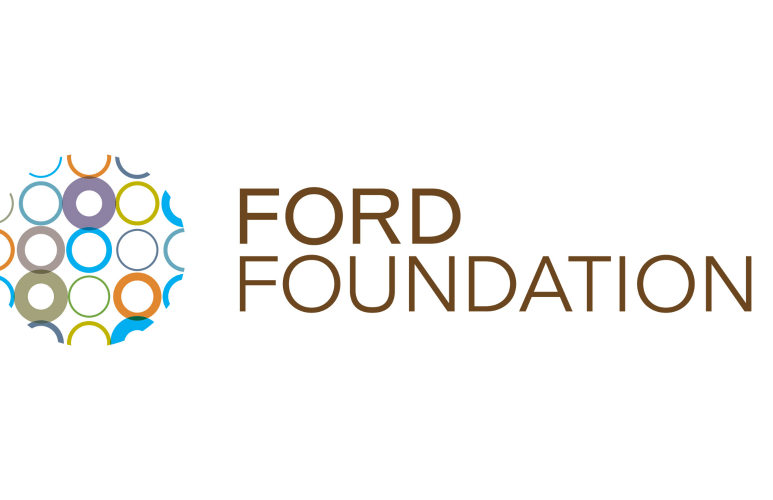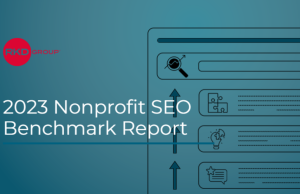How to advance technology while safeguarding democratic values is the focus of a Ford Foundation-sponsored project bringing together leaders from the nonprofit, public and private sectors who are working to create a blueprint for the digital future.
It’s a delicate balancing act at a time when the internet’s seemingly limitless possibilities for collaboration, commerce and information-sharing must contend with its growing misuse as a tool for disinformation, repression and criminal activity.
In the search for a way forward, the Ford Foundation and Microsoft Corp. last year began seeding a working group in collaboration with scholars from the Digital Impact and Governance Initiative (DIGI), a project of the nonprofit New America think tank. The initiative is committed to identifying the missing ingredients, or “layers,” needed to power an evolving digital landscape in which protections for privacy, democracy and human rights will be baked into the mix.
“While regulation is critical to meeting these ends, governments acting alone is insufficient,” wrote the authors of the group’s recent progress report, “Reconceiving the Missing Layers of the Internet for a More Just Future.”
Taking their cues from the early internet — whose open protocols and building blocks were the product of a cross-sector collaboration by academia, government, and tech companies – the initiators of this project agreed that updating these protocols would require similarly diverse perspectives across sectors.
“These protocols still govern data flow across the internet and have set a framework in which the primary ways of interacting with the open web — loading pages, transferring content, accessing web sites — are not owned by any one entity,” the authors write. “This was intentional: The internet’s founders recognized the critical need for the public to be involved, and they took deliberate steps to embed civil society into the internet’s processes of governance.”
The importance of engaging multiple stakeholders is further underscored by the sheer complexity of creating the next generation of digital technology, a process that will intersect with everything from cybersecurity to technical specifications and interoperability concerns to cross-border communication and international law.
“We are exploring ways that cross-sector collaboration can help ensure that vibrant democratic debate can flourish online while limiting harmful behavior such as state-sponsored disinformation,” according to Jenny Toomey, direction of the Ford Foundation Catalyst Fund. “Openness is a key value we seek to uphold along with strengthening equity, accountability, and integrity.”
While ensuring a robust platform for open communication remains a priority, the working group also is looking at ways to enhance protocols for data privacy, identity verification, and payment exchange via Central Bank Digital Currencies (CBDCs) and other emerging standards with an eye toward improving trust and reducing the potential for fraud as well as the cost to access these technologies.
“Our approach is not necessarily to solve all possible digital problems with a specific set of protocols and standards, but rather to model a process by which such protocols and standards can be developed upon a foundation of participation, inclusion, and rights-based frameworks,” Toomey said.
The working group is continuing to solicit ideas and resources on what these protocols should look like and how to implement them in ways that advance social and economic justice. In the coming year, the group plans to incorporate these ideas into a preliminary roadmap and vision for realizing what it calls a “people-centric digital ecosystem.” Public comment will be invited at that time.
“The goal is to thoughtfully build a cross-sector approach that can map how to integrate an accessible and affirmative vision into a complete tech ecosystem that includes regulation, emerging tech, and existing solutions,” Toomey said. “These problems are urgent, but the open dialogue along the way is an essential ingredient for viability and better people-centered outcomes.”
The full 13-page report, which includes information on how members of the public can contact the working group, can be viewed at: https://bit.ly/3E3ZdHA











